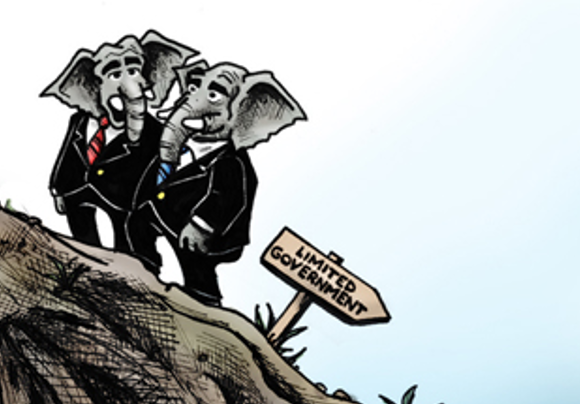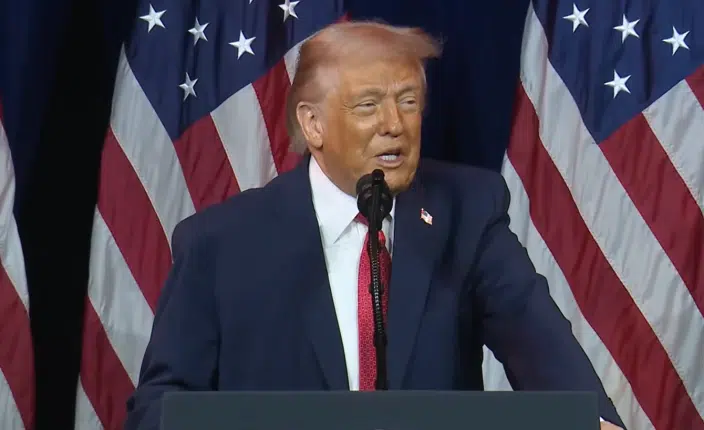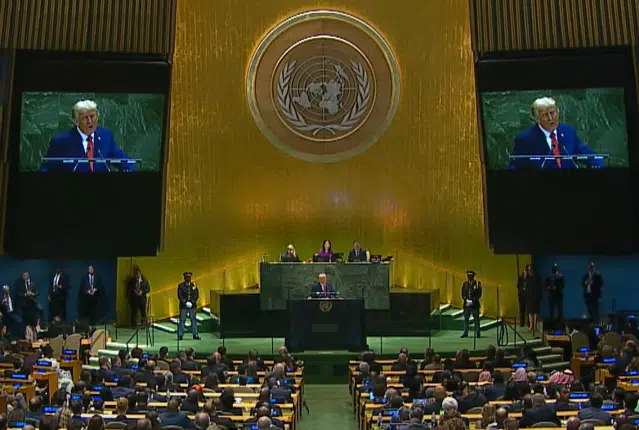Thousands of Republican candidates for state and local offices will be on the ballot this fall, and many of them lack the resources to put together a strong policy team. While taxes, abortion, guns, and school choice are all very important issues, they have limited reach beyond the usual Republican voters. Here are ten policy ideas for candidates who would like to expand their platform to try to appeal to more voters – without alienating key elements of the Republican base.
- Support community paramedicine. Community paramedicine programs provide faster, more appropriate, and cost-effective care, which helps both patients and taxpayers. There are many services under the community paramedicine umbrella, but some of the services include reaching out to those who repeatedly call 911 and trying to solve the underlying problems that result in so many calls; allowing paramedics to take patients to urgent care facilities or doctors’ offices rather than taking nearly all patients to an emergency room; and having paramedics treat patients at home. States should ensure that their laws permit a wide range of community paramedicine services, and local governments should establish or expand such programs as soon as possible.
- Require colleges that take state money to be transparent with parents and students about job and salary prospects and the typical debt load of graduates. This information should be required to broken down by major. After all, how can young people be expected to make wise decisions if they do not have access to relevant data?
- Remove unnecessary housing regulations and hurdles that contribute to a lack of affordable housing. Rather than require that homebuilders build homes according to the whims of politicians and bureaucrats, let the market decide what is built.
- Enact mens rea reform (Mens rea is Latin for “guilty mind.”). There are basic crimes that we all know are wrong, but there are thousands of crimes on the books that people are unaware of. Somehow, it does not seem fair to punish people when they did not realize what they were doing was illegal. Just as police officers sometimes give only warnings, rather than tickets, to drivers who did not realize that a taillight was out, it seems reasonable that the government should warn people about obscure crimes before prosecuting them for those crimes.
- Deregulate the legal profession and help those who represent themselves in court. It has been estimated that 30 million people a year represent themselves in US courts. No doubt, many of these people cannot afford decent legal advice, and they are hopelessly outmatched when they attempt to represent themselves in court. To help bring down the cost of legal services, paralegals should be allowed to perform some of the tasks of lawyers, and the third year of law school at state schools should be eliminated. Bar exams should also be eliminated or, failing that, the exams should be divided into sections so that prospective lawyers are not forced to waste time cramming for a test covering legal subjects on which they have no intention of working. To bring new capital, technology, and ideas into the legal profession, non-lawyers should be allowed to own law firms. Courts should standardize and streamline their local rules, post them online, and offer templates and simplified forms to make it easier for people to file documents and to represent themselves in court.
- Allow recall elections. The residents of 19 states have the right to collect signatures and force a recall election for a state official. Recall elections are rare, but the provision gives voters the opportunity to oust incompetent or corrupt officials even if the legislature will not act.
- Ban traffic ticket quotas and prohibit the use of an officer’s ticket-writing record from being used in evaluations or promotion decisions. Police officers should have discretion on whether or not a traffic ticket is necessary for public safety and should not feel undue pressure to write more tickets.
- Ban red light cameras, or, at least, require a referendum to approve the installation or continued usage of the cameras. There is no conclusive evidence that the cameras reduce accidents or injuries, and there have been at least two red light camera companies involved in corruption and bribery of government officials in recent years. In addition, the yellow lights at some intersections with red light cameras have been shortened, which increases revenue for localities and red light camera companies. For localities that are actually interested in safety, they can simply lengthen yellow lights – a simple, but effective, measure to reduce accidents.
- End mandatory state vehicle inspections. The net result of these mandates is that they make it tougher for the poor to afford a vehicle and take care of themselves while doing little, if anything, to promote safety. The Government Accountability Office (GAO) studied the issue of car inspections several years ago. After reviewing the data, the GAO concluded that “research remains inconclusive about the effect of safety inspection programs on crash rates.” If the benefits of mandatory inspection programs are not clear after all these years, at what point should we expect that their benefits will suddenly appear?
- Crack down on predatory towing. Frankly, it is absurd that towing companies are allowed to seize vehicles and hold them hostage until a ransom is paid – without ever proving that the vehicle was parked illegally. Currently, towing companies are essentially allowed to act as judge, jury, and executioner. There are many ways of discouraging predatory towing; one of the simplest reforms would be to require that predatory towing companies immediately return towed vehicles to their owners, whether they pay or not, and mail them a bill for any unpaid fees. Such reforms could even save lives by avoiding violence at tow lots between angry, desperate car owners and rude towing company employees.
To thrive and grow, the Republican Party must bring in new voters; and one way to do this is for candidates to expand their campaign platforms to include more kitchen table issues. After all, the Democrat Party is always innovating and finding new issues to appeal to niche groups. While pandering is inadvisable, getting the government and crony capitalists off of the backs of everyday citizens, saving taxpayers’ money, cutting red tape, improving public services, and empowering people should be both good policy and good politics.
Richard McCarty is the Director of Research at Americans for Limited Government Foundation.







